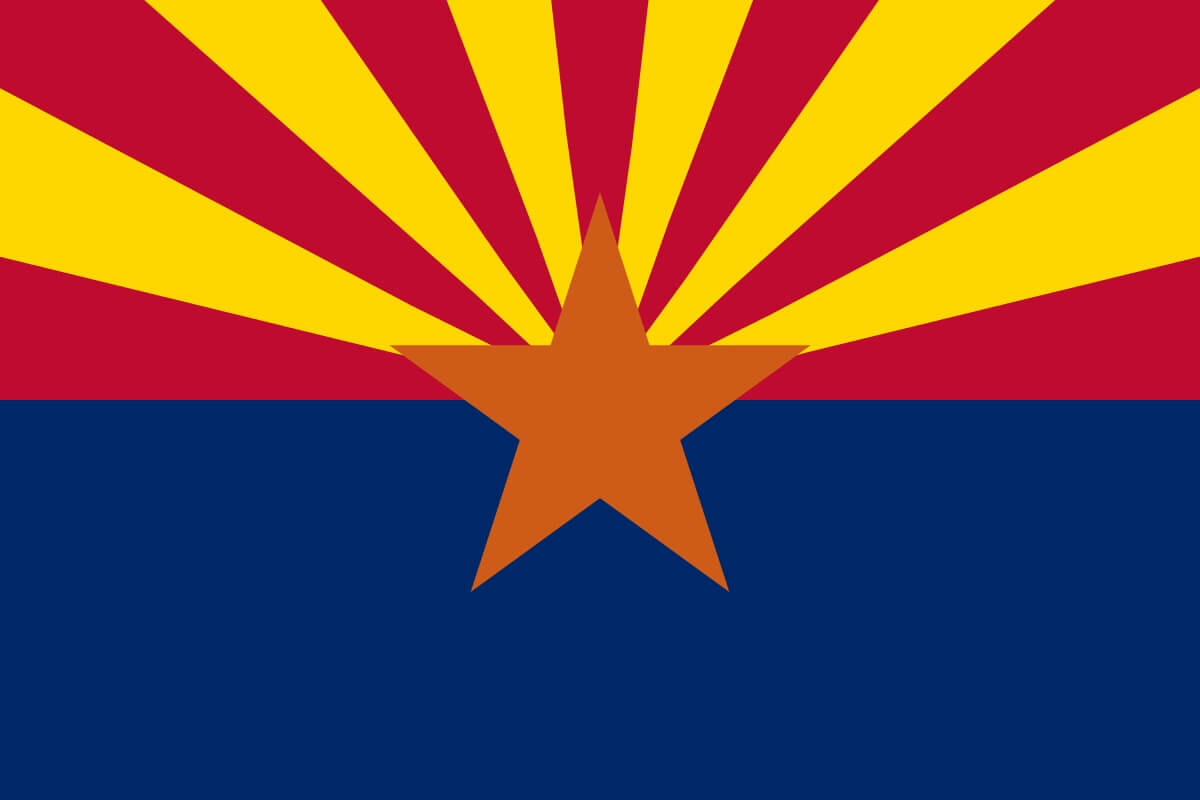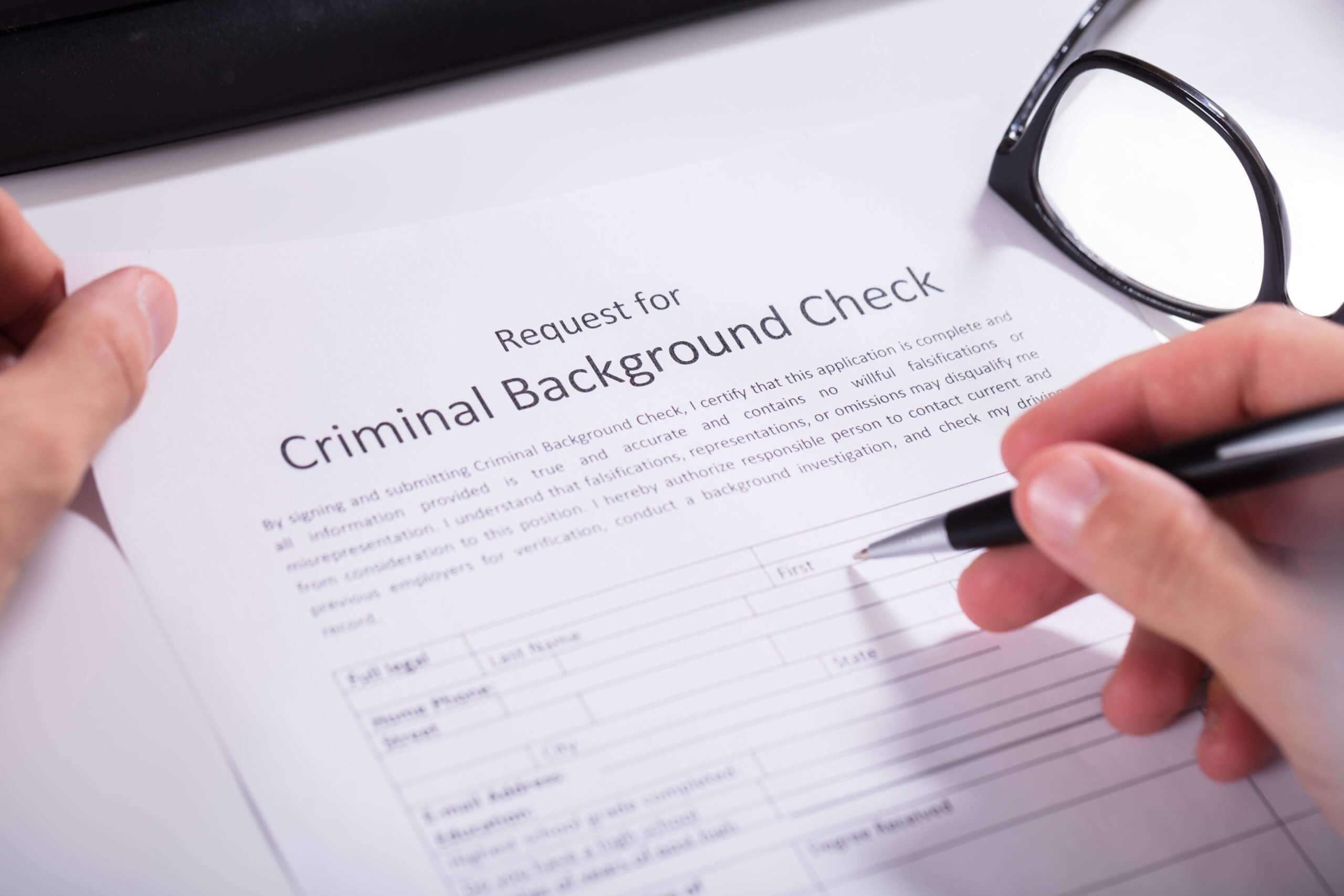On April 1, 2021, Arizona Governor Doug Ducey signed into law House Bill (H.B.) 2067, which amends Arizona Revised Statute (A.R.S.) Section 13-905 to allow the courts to issue an order for a “Certificate of Second Chance” for individuals “whose judgment of guilt is set aside” after a criminal conviction. H.B. 2067 allows individuals who receive a Certificate of Second Chance the opportunity to apply for and obtain occupational licenses in Arizona, and provides some additional protections to employers, among other things. The new law takes effect on August 27, 2021.
Impact of the Law
H.B. 2067’s primary focus is to provide individuals with certain criminal convictions that have been set aside with a Certificate of Second Chance. The Certificate of Second Chance gives individuals, who may not have been eligible for certain state licenses, the opportunity to apply for and obtain occupational licenses in Arizona. Specifically, H.B. 2067 prevents Arizona’s licensing board from denying an occupational license to an otherwise qualified individual who holds a Certificate of Second Chance because of a prior criminal record. Under the new law, qualified individuals with a Certificate of Second Chance can pursue licenses to work as architects, nurses, doctors, surgeons, engineers, barbers, cosmetologists, accountants, collection agents, funeral directors, pharmacists, and real estate agents, among other professions.
Employers hiring these individuals receive “all of the protections” provided under A.R.S. Section 12-558.03, Arizona’s limited liability statute for hiring individuals with criminal convictions. This statute generally protects employers from negligent hiring claims arising from an applicant’s criminal convictions that occurred prior to the employment. The statute also protects employers from negligent retention claims, so long as the conviction does not directly relate to the nature of the employee’s work.
Effects on Employers
Because more individuals will be eligible for state licenses in certain industries under the new law, the number of individuals with state licenses in certain industries will potentially increase, allowing for an increased pool of potential candidates for employers. This could create a boon for employers struggling to find candidates in uncertain times. It also limits the potential tort liability of employers that hire an individual with a Certificate of Second Chance, giving employers a potential incentive to hire these individuals.
Key Takeaways
H.B. 2067’s impact is likely to be minimal for Arizona employers. The new law prevents Arizona’s licensing boards from excluding individuals with a Certificate of Second Chance from getting occupational licenses. H.B. 2067 neither requires employers to hire these individuals nor requires employers to consider the Certificate of Second Chance when making employment decisions.
Additionally, the new law does not prevent employers from asking about prior convictions. It also does not redact or remove any part of an individual’s criminal record, even when the individual receives a court-issued Certificate of Second Chance. Employers that conduct background checks on these candidates will find a notation next to the conviction, explaining that a court vacated or dismissed the individual’s criminal charges and that it issued a Certificate of Second Chance to the individual. While employers may continue to exercise discretion in hiring practices, they may also want to consult the Arizona attorney general’s guidelines on pre-employment inquiries and stay keenly aware of their obligations under all other applicable federal and state laws and guidance, including the federal Fair Credit Reporting Act.





